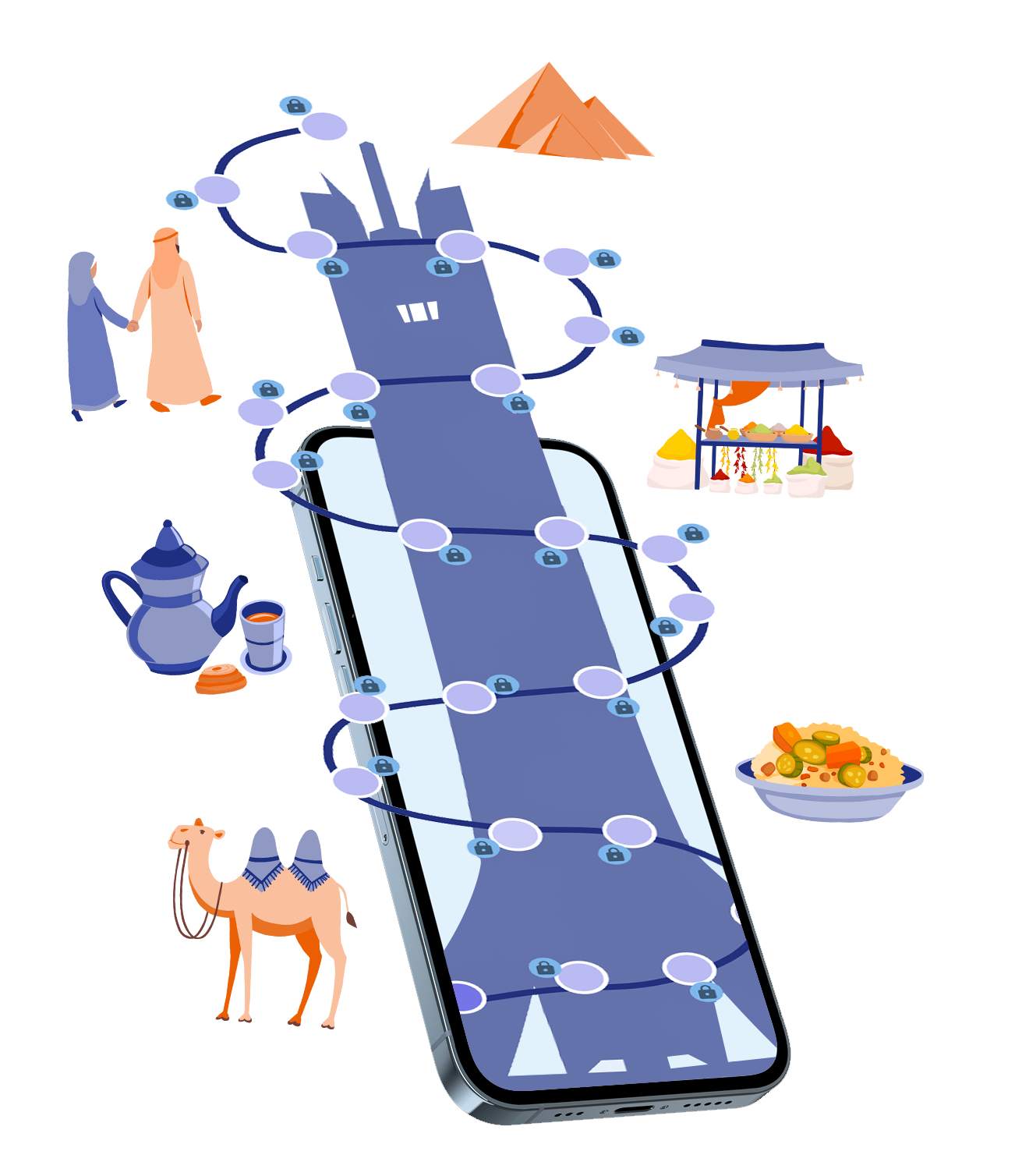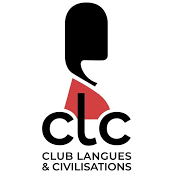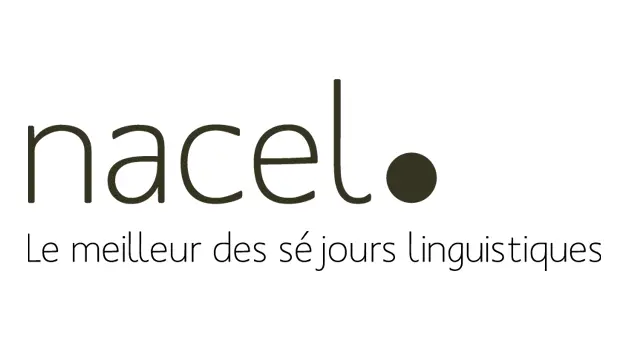
Why learn Arabic? Top 10 reasons
 Learn now
Learn now
Summary
of the page
>
Access to a rich cultural history
>
Professional benefits
>
Facilitating travel in the Arab world
>
Understanding the contemporary Arab world
>
Cognitive benefits of learning Arabic
>
Arabic for academic studies
>
Networking opportunities and global community
>
Personal challenge and development
>
Understanding Islam
>
There are many reasons to start learning Arabic
L'apprentissage de l'arabe ouvre les portes d'un monde fascinant, riche en culture, histoire et opportunités. Cette langue, parlée par des millions de personnes à travers le monde, n'est pas seulement un outil de communication, mais une clé pour comprendre des civilisations anciennes et contemporaines. Que ce soit pour enrichir votre carrière, voyager avec aisance ou explorer des trésors littéraires, l'arabe a beaucoup à offrir. Nous vous présentons les dix meilleures raisons pour lesquelles learn arabic peut être une décision enrichissante et transformatrice.
 Learning Arabic
Learning Arabic
Access to a rich cultural history

This language, which has survived the centuries, offers privileged access to a cultural heritage of unparalleled richness. By learning Arabic, you immerse yourself in the stories, traditions and philosophies that have
shaped the societies of this part of the world.
Arabic literature, for example, is a treasure trove in itself, ranging from pre-Islamic epic poems to contemporary works, including the tales of the Arabian Nights. The art and music of the Arab world
are intimately linked to the language. Arabic has influenced many artistic styles, from intricate calligraphic designs to the haunting melodies of classical Arabic music. Understanding the language allows you to fully
the subtleties and cultural contexts that are often lost in translation.
Professional benefits
Fluency in Arabic is increasingly sought after in international business, opening up opportunities in a variety of fields including business, diplomacy and NGOs. Companies value their language skills to facilitate trade with markets in the Middle East and North Africa. In diplomacy, understanding Arabic is crucial for international relations, while in the NGO sector, it enables better NGO sector, it enables better communication in the field. Overall, speaking Arabic can significantly boost your career in many international sectors.
Facilitating travel in the Arab world
Knowing Arabic transforms the experience of travelling to Arabic-speaking countries. Communication becomes easier, allowing a deeper immersion in the local culture. In countries such as Egypt, Morocco Jordan and the United Arab Emirates, speaking Arabic enriches interactions with locals and makes it easier to navigate and discover.
Understanding the contemporary Arab world

Proficiency in Arabic provides direct access to media and information in the language, offering an authentic, unfiltered perspective on events and cultures in the region. This knowledge provides a deeper, more nuanced understanding of the political and social issues at stake in the Arab world, which is essential for grasping the complexity of regional dynamics. It also helps to deconstruct stereotypes and appreciate the diversity and richness of Arab societies, building bridges of understanding between different cultures.
Cognitive benefits of learning Arabic
L'apprentissage de l'arabe stimule le cerveau, favorisant le développement de la mémoire et des compétences analytiques. Cette langue, avec sa structure unique et son système d'écriture, exige une attention particulière et une réflexion approfondie, renforçant ainsi la pensée critique. En plus, l'arabe, avec son riche vocabulaire et sa grammaire complexe, encourage les apprenants à adopter de nouvelles façons de penser, améliorant ainsi la flexibilité cognitive. Cette immersion dans une structure linguistique différente élargit les horizons mentaux et contribue à une meilleure agilité intellectuelle, utile dans divers aspects de la vie quotidienne et professionnelle.
Arabic for academic studies
For students and researchers of history, religion and oriental studies, knowledge of Arabic is crucial. It enables direct exploration of primary sources, ancient texts and academic documents often inaccessible in other languages. This linguistic competence also paves the way for a richer and more nuanced understanding of the cultural and historical contexts of the Arab world, significantly enriching academic academic research and analysis.
Networking opportunities and global community
Learning Arabic enables you to connect with a vast community of Arabic speakers around the world. This language skill opens the door to enriching exchanges, both professionally and personally. It also offers the opportunity to take part in various cultural and community events, fostering greater intercultural understanding and stronger links with people who share similar interests.
Personal challenge and development
L'apprentissage de l'arabe contribue de manière significative à la croissance personnelle. Se familiariser avec une nouvelle langue et une culture différente élargit les horizons, renforce l'empathie et la compréhension interculturelle. De nombreux apprenants témoignent d'une amélioration de leur confiance en soi et de leur capacité à s'adapter à de nouveaux environnements. Les expériences personnelles recueillies soulignent souvent comment l'apprentissage de l'arabe a ouvert des portes à des amitiés enrichissantes et à des expériences de vie uniques.
Understanding Islam
Arabic, as the language of the Koran, plays a central role in the study and understanding of Islam. For researchers, students of theology, or anyone interested in a deeper understanding of this religion,
a command of Arabic is invaluable. It provides access to sacred texts, hadiths and other Islamic writings in their original form, offering a more authentic and nuanced perspective than translations can provide.
It also helps to build stronger links with the global Muslim community, by sharing a common understanding of the sacred language of Islam. In short, for those seeking to explore Islam, whether in an academic or personal
learning Arabic is an essential step towards a richer and fuller understanding.
There are many reasons to start learning Arabic
Take the plunge and learn Arabic! We've given you plenty of convincing reasons to get started. If you're still wondering why you should learn Arabic, the best way to convince yourself is to start right now with our online course. with our online course, using an innovative learning method.
Your questions
on learning Arabic
Can I learn Arabic on my own?
Which countries speak Arabic?
How can I learn Arabic at home?
How do you say hello in Arabic?
What's the best way to learn Arabic?
What kind of Arabic should I learn?
Language Club
The blog that tells you everything about languages


Language Club
The blog that tells you everything about languages


All languages to learn
Certification preparation courses available

Toeic
They learned a new language with Globe Speaker





J'ai apprécié de travailler sur la plateforme Globe Speaker, autant de fois que je le voulais ou pouvais, ainsi qu'avec Maria pour la partie coaching.

Véronique • 41 ans
Niveau A2 à B2 - Abonnement Premium CPF





Parfait, la répartition de la formation sur une année me permet de travailler régulièrement et de ne pas perdre en motivation pour la suite.

Franck • 41 ans
Niveau A2 à B2 - Abonnement Premium CPF





L'esprit du site est très bien pensé avec un itinéraire. Cela donne envie d'en savoir plus.

Marie-Anne • 41 ans
Niveau A1 à B1 - Abonnement Premium





Rien à redire, super.

Florian • 24 ans
Niveau A1 à A2 - Abonnement Standard





Plateforme très pédagogique, et adaptée à tous les âges. J'ai vraiment eu l'impression d'apprendre.

Maria • 28 ans
Niveau A1 à B1 - Abonnement Premium






































